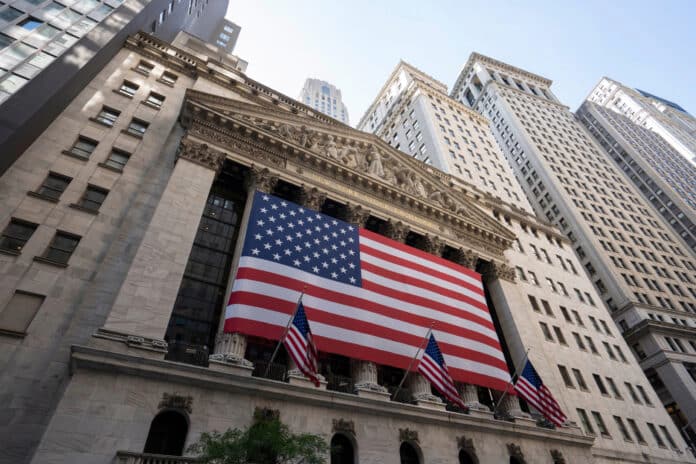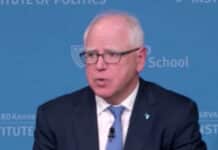
Sponsored post by Principal Preservation Services and Principal Wealth Services

As the elections are close at hand, investors are concerned about the market and the possibility of some volatility after elections. Many are looking for options to invest more responsibly with their values in mind. The push to “ESG” investing the last few years has had many investors go a different direction.
What is ESG investing and who is behind this?
ESG investing stands for Environmental, Social, and Governance investing.
- Environmental: How a company affects the planet, such as carbon emissions, waste management, and sustainability efforts.
- Social: How it treats people, including employees, customers, and the broader community (e.g., diversity, labor practices).
- Governance: Corporate governance issues like leadership ethics, executive pay, and board diversity.
The two biggest financial backers of these funds are BlackRock and Vanguard.
How well have these funds performed?
In 2022 and early 2023, ESG funds underperformed compared to traditional investments. Many ESG-focused funds tend to have significant exposure to sectors like technology, which experienced downturns during broader market corrections. Also, many ESG funds avoid fossil fuel companies—oil and gas, which performed well during energy price spikes during the Russia-Ukraine war.
ESG funds gaining a bad name with investors
They have gained a poor reputation with many investors because of the lack of performance, diversification, and conflict with many investors’ political stance. These funds take a hard stance on the “green” initiative and agenda that most conservatives don’t fall in line with. In the first half of 2024, the U.S. ESG market experienced net outflows of over $13 billion, on the heels of a $9 billion outflow in 2023.
Due to the increasing controversy, many fund sponsors and institutional investors are moving away from ESG funds and are rebranding them as “transitional investing,” “sustainable investing,” and “responsible investing.” States like Florida and Texas have already banned these funds from their state pension plans since they don’t meet fiduciary standards.
What other options are available to investors?
There are many options for each investor.
For many, they don’t want to have anything invested internationally—so there are many U.S. companies and funds that have strong business fundamentals/beliefs that are contrary to the ESG funds available to support with owning stocks, bonds, ETFs, and mutual funds. Some find value in commodities like gold, silver, and minerals while others like to invest in real estate whether that is in holding the property or having funds/shares in real property. I’ve even seen many of my clients do well investing in things they believe in like tractors, collector cars, planes, antiques, and guns.
The key is that you don’t have to conform to how these big investment companies are pushing or steering you where to invest. You shouldn’t compromise your values just to make money. There are so many investment options out there to fit you and your beliefs.










